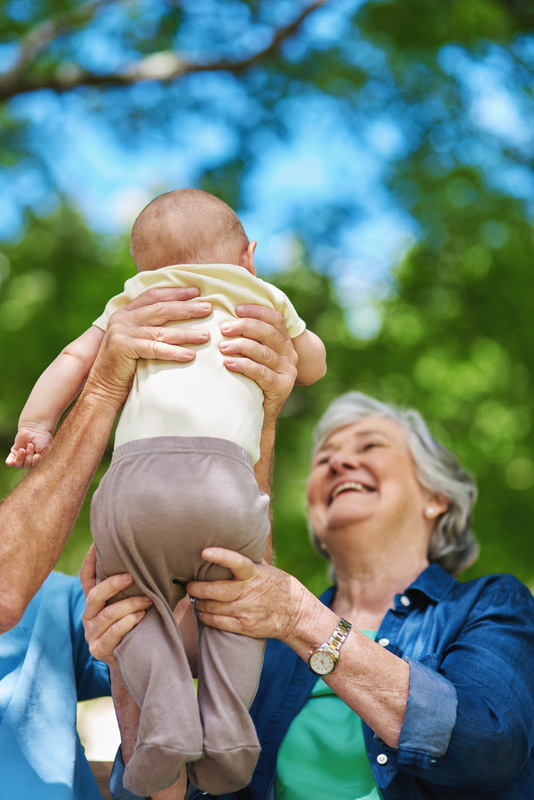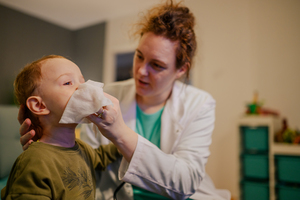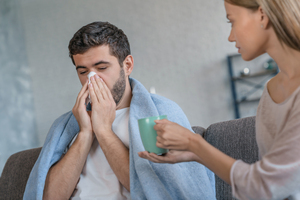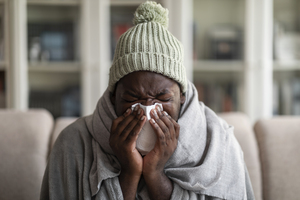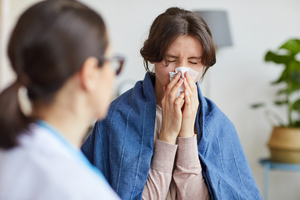What is varicella (chickenpox)?
Varicella, commonly known as chickenpox, is a highly contagious viral infection caused by the varicella-zoster virus (VZV), according to the CDC. They note that it is characterized by an itchy, blister-like rash, fever, fatigue, and other flu-like symptoms. The rash typically progresses from red spots to fluid-filled blisters that eventually crust over. Chickenpox is primarily spread through respiratory droplets when an infected person coughs or sneezes, as well as through direct contact with the fluid from the blisters.
While chickenpox is often considered a mild illness in children, it can lead to serious complications, particularly in newborns, pregnant women, and individuals with weakened immune systems. Vaccination has significantly reduced the incidence of varicella, making it less common in many parts of the world. The varicella vaccine is effective in preventing the disease and its associated complications, promoting overall public health.
